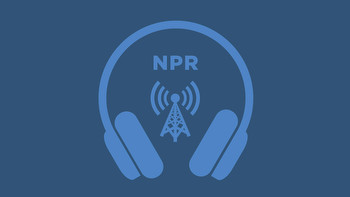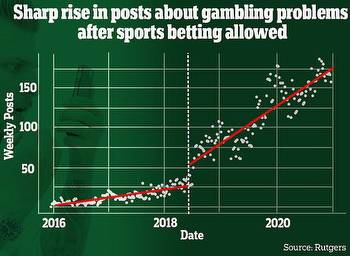Study: Problem gambling has stayed steady in Mass.

Massachusetts' main gambling researcher delivered good and bad news to the state gaming commission on Wednesday.
Ten years after the state's first study of gambling behavior, UMass researcher Rachel Volberg said the rate of problem gambling has stayed pretty constant since the casinos opened.
According to a new survey of 3,000 people, about 10% of the population either has — or is at risk for — a severe gambling problem. But the number of people aware of where to get help has gone down by half.
"There is quite a lot of stigma around gambling problems," Volberg told the commissioners. "People have great shame about not being able to manage their money. But there's also quite a lack of awareness about where to find help. People (incorrectly) think that they need to have insurance coverage to get that help. Those are all messages that that can be pushed out there — and I think should be pushed out there."
The study did not look at how easy it is to get gambling treatment, which advocates say is a problem in Massachusetts.
The state Department of Public Health, which controls the state fund that oversees treatment options, does not track the number of people who get treatment. Many of the treatment providers listed on official resources say they do not actually address problem gambling.
Volberg said researchers did ask how many people sought treatment, but so few responded that they couldn't include those results.
Volberg said it's hard to know what causes someone to go from recreational to problem gambling — or back again — without researchers following the same people over time. That's called a cohort study and it's one that state researchers used to conduct until the gaming commission stopped funding it.
"I know they're very expensive, but maybe we can find a cheaper way to do them," Volberg said. "They're invaluable in understanding individual trajectories."
The new study also found that problem gamblers spend much more money on gambling than other types of gamblers, compared with 10 years ago. And it found high gambling participation among sports bettors, though sports betting was not yet legal when the original baseline study was conducted.
Massachusetts is required to study gambling behavior as part of its 2011 casino legislation.































